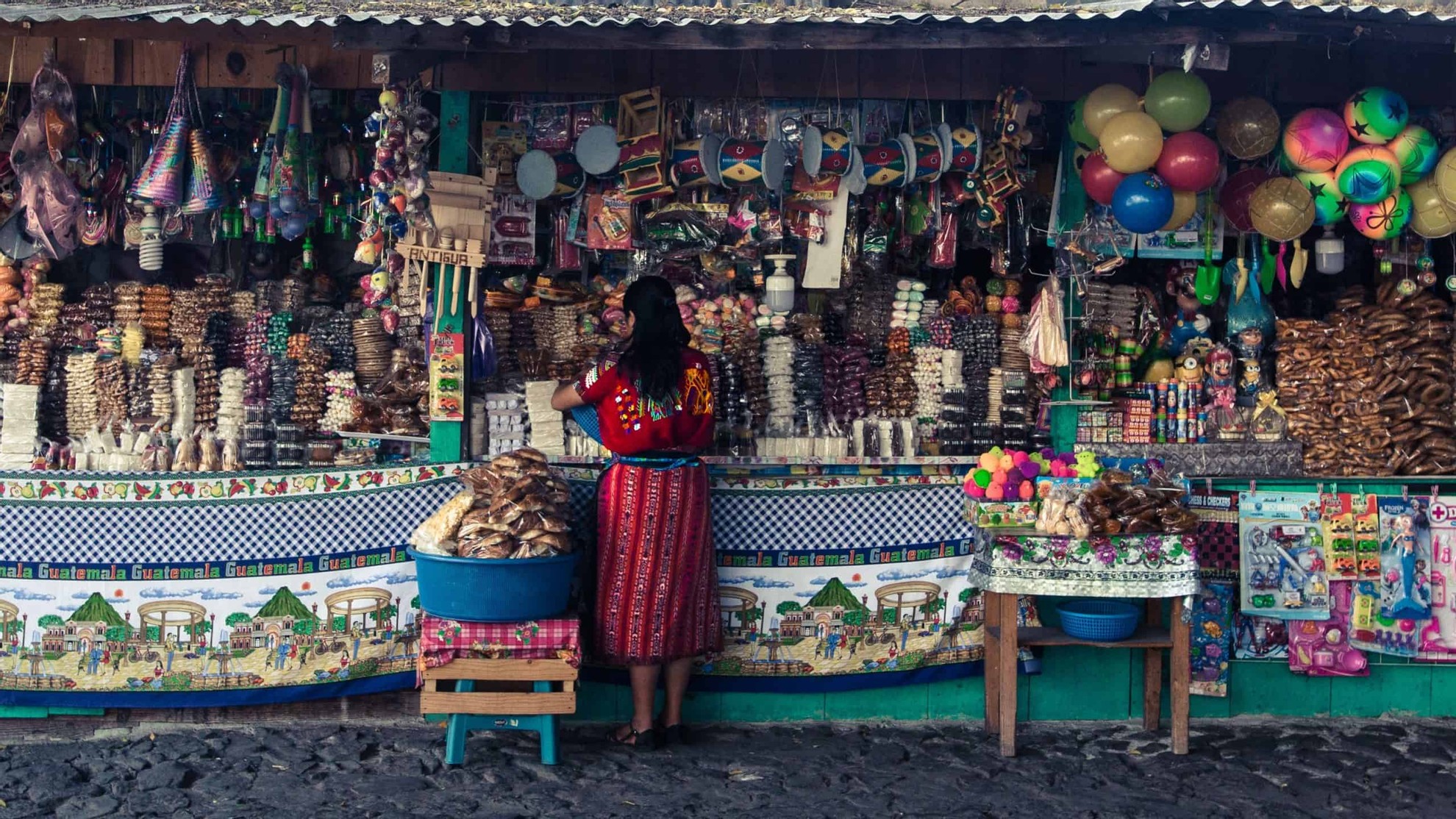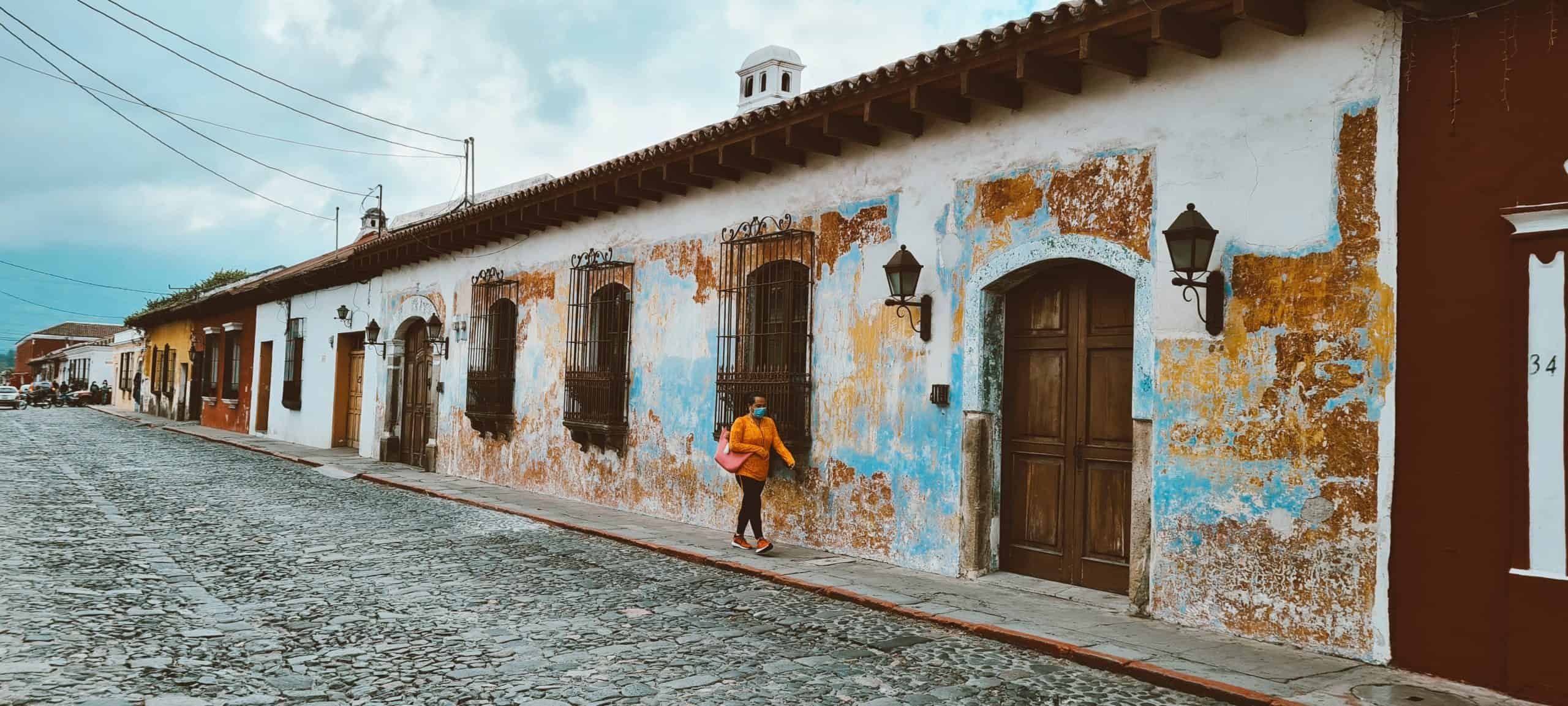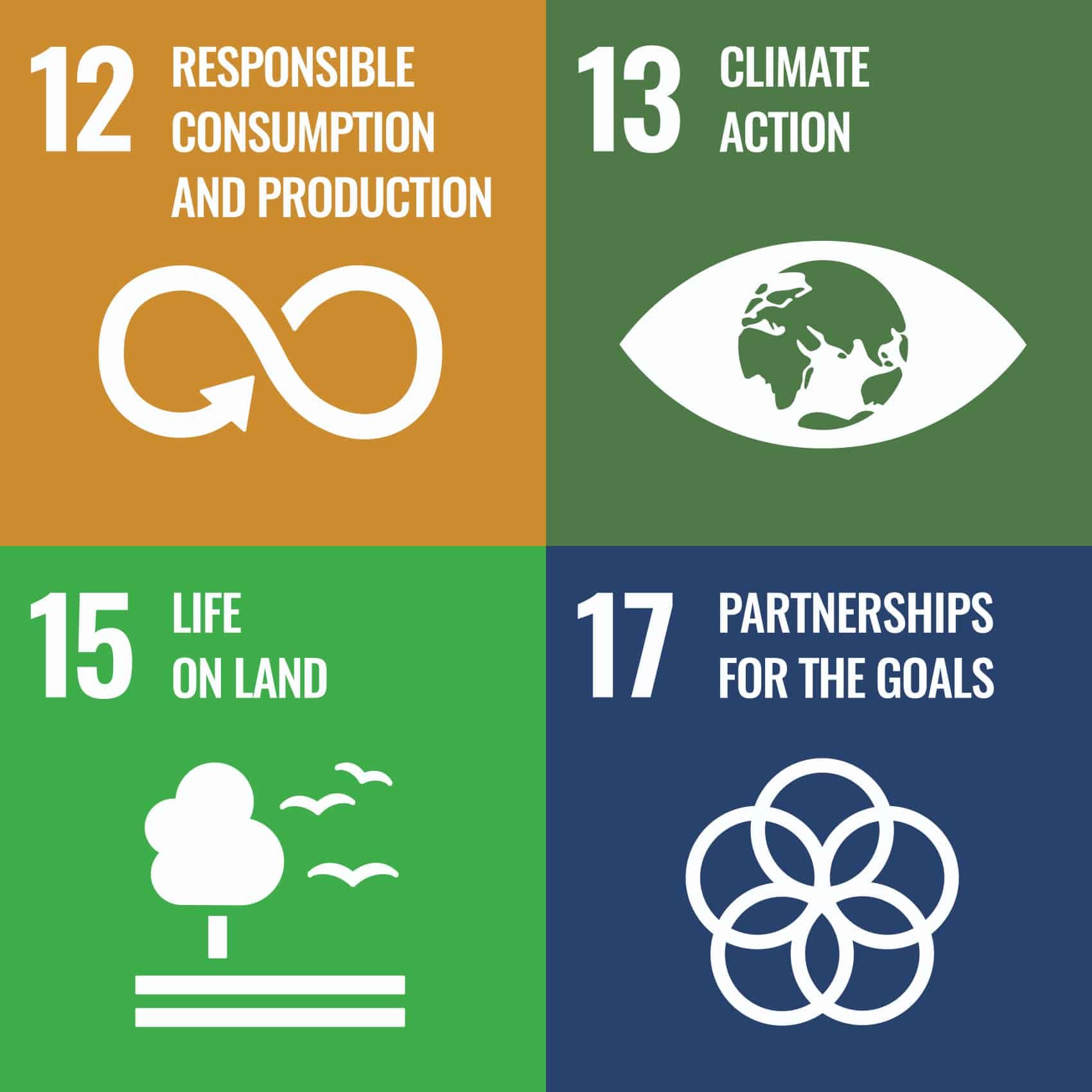Main Navigation
Guatemala
Overview
Guatemala has taken a critical step to promote inclusive green economy through development of an Environmental Fiscal Strategy.
Guatemala is the largest economy in Central America, though economic growth within the last decade has not translated into a significant reduction in poverty or inequality. The country’s national income depends largely on the agricultural sector, the export of a few commodities and remittances from Guatemalans overseas. It is also vulnerable to climate change and extreme weather conditions and faces persistent challenges around the loss of natural resources, deforestation, increased soil and water pollution, and growing waste levels. These natural environmental challenges also carry significant socio-economic consequences, compounding vulnerability and exclusion.
In recent years, Guatemala has taken steps to promote the greening of its economy through the development of its Environmental Fiscal Strategy. The Strategy presents a set of fiscal instruments to improve pricing of harmful economic activities, thus supporting national climate change and sustainability objectives.
Guatemala is the largest economy in Central America, though economic growth within the last decade has not translated into a significant reduction in poverty or inequality. The country’s national income depends largely on the agricultural sector, the export of a few commodities and remittances from Guatemalans overseas. It is also vulnerable to climate change and extreme weather conditions and faces persistent challenges around the loss of natural resources, deforestation, increased soil and water pollution, and growing waste levels. These natural environmental challenges also carry significant socio-economic consequences, compounding vulnerability and exclusion.
In recent years, Guatemala has taken steps to promote the greening of its economy through the development of its Environmental Fiscal Strategy. The Strategy presents a set of fiscal instruments to improve pricing of harmful economic activities, thus supporting national climate change and sustainability objectives.
Led by the Ministry of Public Finance, Guatemala applied to join PAGE in 2018, aiming to reformulate economic policies around sustainability for greater social inclusion and green growth. PAGE then met with national counterparts in September 2018, to set the objectives and parameters for work in the country — identifying assistance with the National Development Plan K’atun Nuestra Guatemala 2032, development of a public investment strategy for climate change mitigation, supporting sectoral policy reform and national commitments to the SDGs and NDCs.
Changes in the national government in 2018 led to an extension of the inception phase for PAGE in Guatemala from 2019-2020, focused on completing a national green economy stocktaking study, identifying priorities and supporting foundational capacity development.
COVID-19 Impacts in Guatemala
The COVID-19 pandemic further delayed PAGE work in Guatemala, as the country experienced an extensive lockdown. Within this context, the Ministry of Economy is leading the National Plan for Economic Recovery of Guatemala, focused on job creation and strategic investments.
PAGE engaged in the development of the Social and Economic Response Plan (SERP) for Guatemala, developed by the UN Resident Coordinator, and assisted with the inclusion of green recovery measures into the Plan. This document will provide guidance for policy actions by the government.
Sustainable Development
PAGE work in Guatemala aims to contribute towards the achievement of several SDGs, including SDGs 12 (Responsible Consumption and Production), 13 (Climate Action), 15 (Life on Land) and 17 (Partnerships for the Goals).
PAGE Milestones
- 2018
Guatemala joins PAGE
Mission to Guatemala conducted to set the objectives of PAGE work
Ministry of Public Finance restructured
- 2019
General elections held, with the President to assume office in January 2020
Terms of reference for a national inventory of IGE related policies/initiatives and national coordinator developed
Workplan and budget for Guatemala’s inception phase developed
Discussions regarding South-South exchange with Uruguay following Green Economy Academy
- 2020
National Coordinator onboarded
Progress in 2020: A Snapshot
National foundations for PAGE
While the official launch of the PAGE programme in Guatemala was delayed due to governmental shifts and the COVID-19 pandemic […]
While the official launch of the PAGE programme in Guatemala was delayed due to governmental shifts and the COVID-19 pandemic, important steps were still completed to set the foundations for PAGE work in the country. In June 2020, PAGE initiated consultations with the new administration to identify potential interventions relative to the environmental fiscal strategy and green economic recovery.
Following on, a first meeting of the Interinstitutional Roundtable of the Fiscal Environmental Strategy under the new administration was held in November, which included the Ministry of Finance, the Ministry of Environment and Natural Resources, the Ministry of Energy and Mining and the Secretary of Planning and Programming of the Presidency, as well as institutions supporting international cooperation, including PAGE and GIZ. This group is expected to formally assume the role of PAGE National Steering Committee in 2021.
A key ingredient to guide PAGE work, the stocktaking study for Guatemala was adjusted in response to the new circumstances brought in 2020. This accounts for an economic recovery period with considerations such as green fiscal policy, economic stimulus, macroeconomic models and sustainable public financing. The study will include an analysis of the sectors most affected by COVID-19 and sectoral prioritization, a proposal of sustainably focused fiscal and economic recovery measures, and a proposed governance mechanism.
Capacity-building to reach long-term goals
In assessing work planning for the future of PAGE in Guatemala, foundational capacity-building will play a prominent role. Targeting […]
In assessing work planning for the future of PAGE in Guatemala, foundational capacity-building will play a prominent role. Targeting engagement with the private sector, academia and civil society, these forthcoming activities will raise awareness on the green transition and facilitate a wider discourse on green economy in the country. Upcoming, a stakeholder roundtable on measuring and framing progress through indicators is planned as well as early trainings on natural resource protection and green industrial policy to promote sustainability within various economic sectors. The forthcoming and future knowledge-building activities will serve at the core of achieving the goals of PAGE in the country, strengthening individual, institutional and planning capacities for sustainable, inclusive development.




